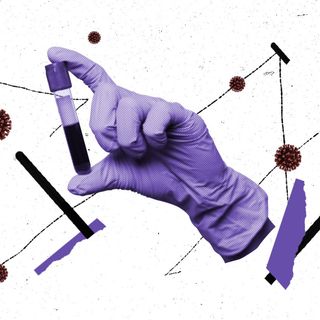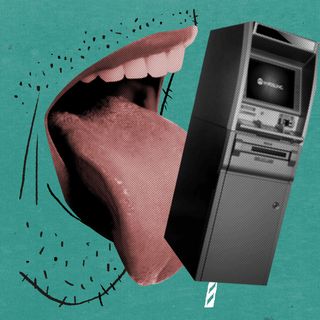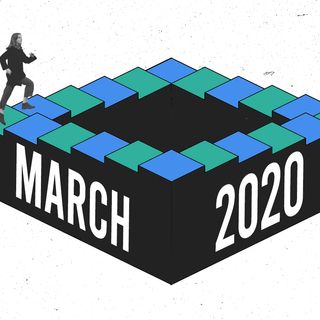A study conducted by a team of researchers from the University of Hong Kong (HKU), published in The Lancet last week, shed new light on the survival and stability of the novel strain of coronavirus on surfaces of different everyday objects that we commonly come in contact with, such as surgical masks, banknotes, tissue papers, clothes, treated wood and glass.
The virus survived on the outer layer of a surgical mask for over a week. “This is exactly why it is very important if you are wearing a surgical mask you don’t touch the outside of the mask, because you can contaminate your hands and if you touch your eyes you could be transferring the virus to your eyes,” Malik Peiris, a clinical and public health virologist and part of the HKU team of researchers, told the South China Morning Post.
The study found that no live virus could be detected on treated wood and cloth by the second day, but on glass and banknotes, it survived up to four days. On plastic and stainless steel, the virus lingered for almost a week, leading the researchers to conclude that the virus was more stable on smooth surfaces. No traces of the virus could be recovered from printing and tissue papers three hours after exposure.
Related on The Swaddle:
Bhilwara Provides India’s Model for Covid19 Containment
An earlier study, published in March by the New England Journal of Medicine, had found that the virus can survive for up to 72 hours on plastic and stainless steel, but the amount of viable virus reduces as time passes, lowering the chance of infection — though still not to zero — as days progress. The researchers had, however, stressed that their findings were not definitive. “We need more experiments like this… testing survival under different temperature and humidity conditions,” Dr. Jeffrey Shaman, an environmental health sciences expert at Columbia University, had told The New York Times.
In response to the study, cash management companies in India insisted that banknotes do not lead to transmission of Covid19. “Every currency is processed and sorted through machines, with very little human touch,” Anush Raghavan, senior vice president of CMS Info Systems, a cash management firm, told LiveMint the same day the HKU study was published. But, in a bid to promote social distancing and limit human interaction, the RBI had already issued a press release on March 16, urging citizens to use non-cash digital banking facilities as far as possible.
Regarding surfaces other than money, the researchers note that standard disinfection methods can kill the virus. “If you want to protect yourself, just maintain good hygiene, wash your hands often and try not to touch your face, your mouth or nose without cleaning first,” advised Leo Poon Lit-man, head of the public health laboratory sciences division and part of the HKU research team. Finally, he emphasized that hand-washing remains the best way to protect against the virus.




